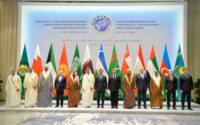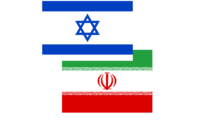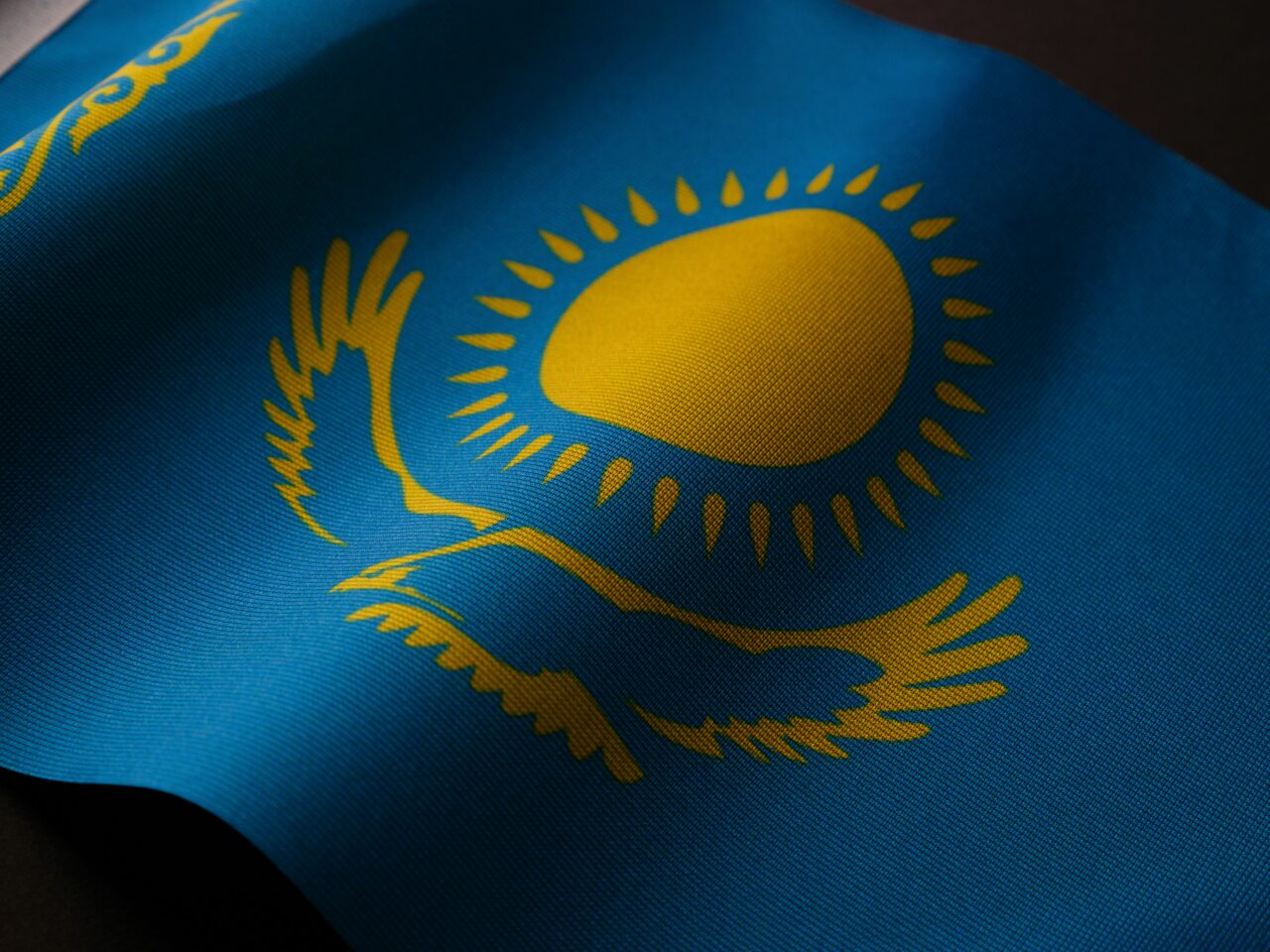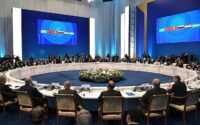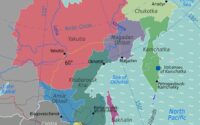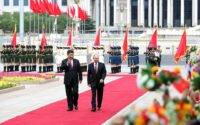Category: Geopolitical Report ISSN 2785-2598
Geopolitical Report ISSN 2785-2598 is our publication that aims to investigate the current geopolitical and socio-cultural events and trends shaping the world of international relations, business and security, creating a debate by allowing scholars and professional experts to share their views, perspectives, work results, reports and research findings. One can submit manuscripts, analytical reports, critical responses, short articles, commentaries, book reviews to info@specialeurasia.com.
Editorial Guidelines
Please, respect the following guidelines and the format of the text reported by our organisation. These are the general guidelines of the document you should send us in word format. Each paper should have:
Format
Times New Roman 12, justify first line indent 0.6, line spacing 1.5, 1,500-2000 words. Title: Times New Roman 14 bold, Paragraphs’ titles: Times New Roman 12 bold and italic
Sources
Insert the sources in the text hyperlink
Geopolitical Report ISSN 2785-2598
Publisher: SpecialEurasia
Editors: Giuliano Bifolchi, Silvia Boltuc
Country: Italy
City: Rome
Address: Via Torrenova, 407
Language: Italian, German, English
Copyright © SpecialEurasia
All rights reserved. No part of this publication may be reproduced, distributed, or transmitted in any form or by any means, including photocopying, recording, or other electronic or mechanical methods, without the prior written permission of the publisher, except in the case of brief quotations embodied in critical reviews and specific other noncommercial uses permitted by copyright law. For permission requests, write to the publisher, addressed “Attention: Permissions Coordinator,” at info@specialeurasia.com.

